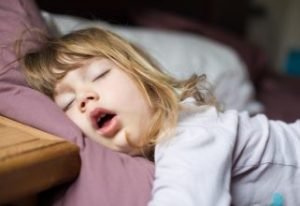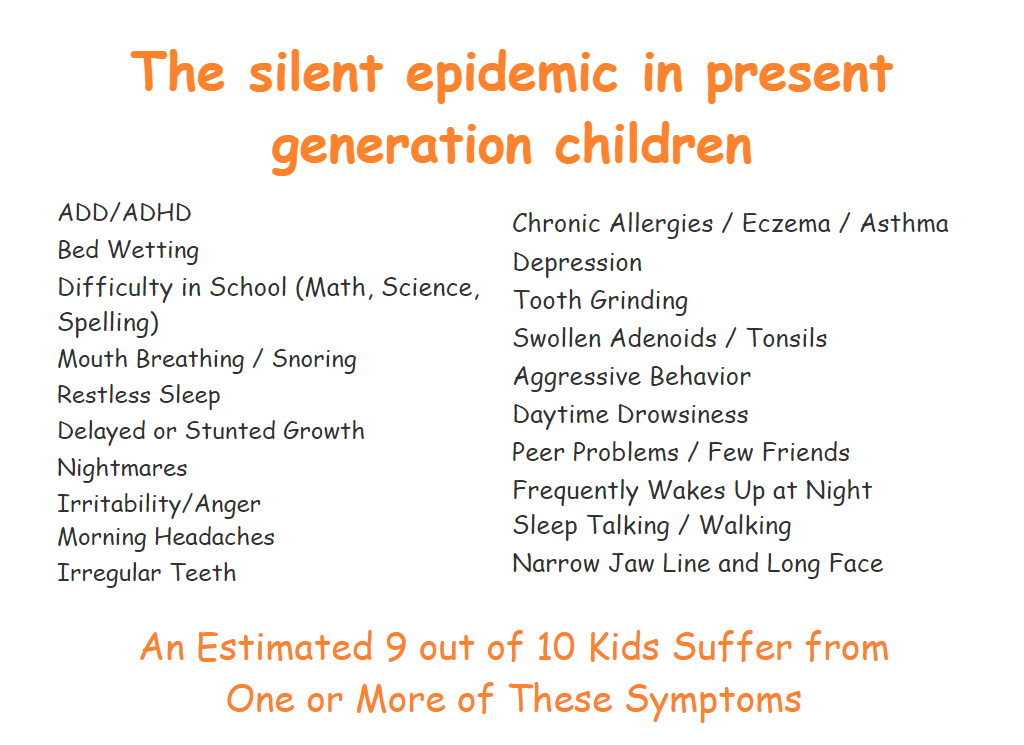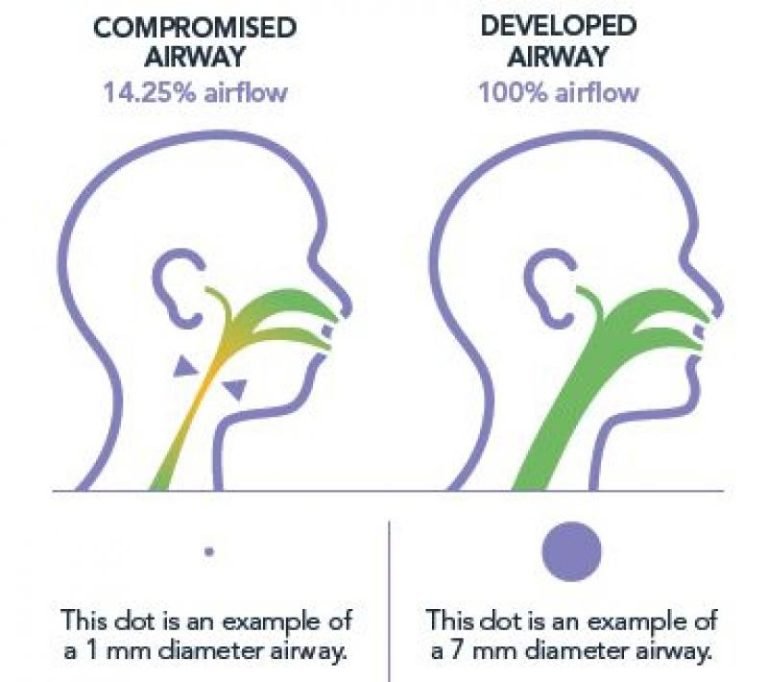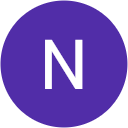
Snoring and sleep apnea in children
“Snoring is never normal “ in children especially if it is happening very frequently because it is a clear sign of child having trouble in breathing during the sleep resulting in disturbed or poor quality sleep. It is considered as a “modern day epidemic” as more and more children are suffering from snoring and mouth breathing arising out of modern food habits like processed foods, pollution and allergies etc. In the medical terminology it is called “Sleep Disordered Breathing (SDB)” or “ Sleep Related Breathing Disorders (SRBD’s)”. While mouth breathing and snoring is an initial sign of “ Airway problems in children” , if left untreated leads to a more serious condition called “ Obstructive Sleep apnea “ where in a child chokes /gasps or stops breathing completely for few seconds in the sleep resulting in multiple health issues right in their early life.
As we all know breathing is vital for proper health and well-being of humans, a difficulty in breathing especially in children will cause much more serious issues in their physical , mental and emotional health as well as the distorted facial growth and jaw growth. Early identification and treatments is the key for better outcomes because children grow very rapidly from birth to 9 years of age. Catching and treating them early means as good as keeping them on the right growth track early in their life and laying a good foundation for future health. We suggest parents to observe for any of the following red flags in their children which are suggestive of airway problem in children.

Most the children who snore and mouth breath have some peculiar facial features like narrow jaws, irregular teeth , open mouth posture and tired under eyes. This is because an underdeveloped face and jaws along with open mouth might be a cause or a consequence for snoring and obstructive sleep apnea tin children. so, their treatment is also a combination of multiple specialties like Dentistry and ENT’s. An ENT surgeons who are trained in sleep Medicine will aim at blockages in the nose which are the reason behind the snoring and disturbed sleep, while a dentist who is trained in Dental Sleep medicine will aim at the correction of facial structures.

Advantages
There are several advantages of dental sleep medicine as a treatment option for sleep-related breathing disorders, such as obstructive sleep apnea (OSA), including:
Comfort
Oral appliances are comfortable to wear and are generally well-tolerated by patients.
Customization
Oral appliances are custom-fit to the individual patient's mouth, ensuring a comfortable and effective fit.
Reduce snoring
Oral appliances can also help reduce snoring, which can improve the sleep quality of bed partners.
Compliance
Oral appliances have a high compliance rate as it is portable, comfortable and easy to use.
Cost-effective
Dental sleep medicine can be less expensive than other treatment options such as surgery or continuous positive airway pressure (CPAP) therapy.
Non-invasive
Dental sleep medicine is a non-invasive treatment option that does not require surgery or the use of a machine.













